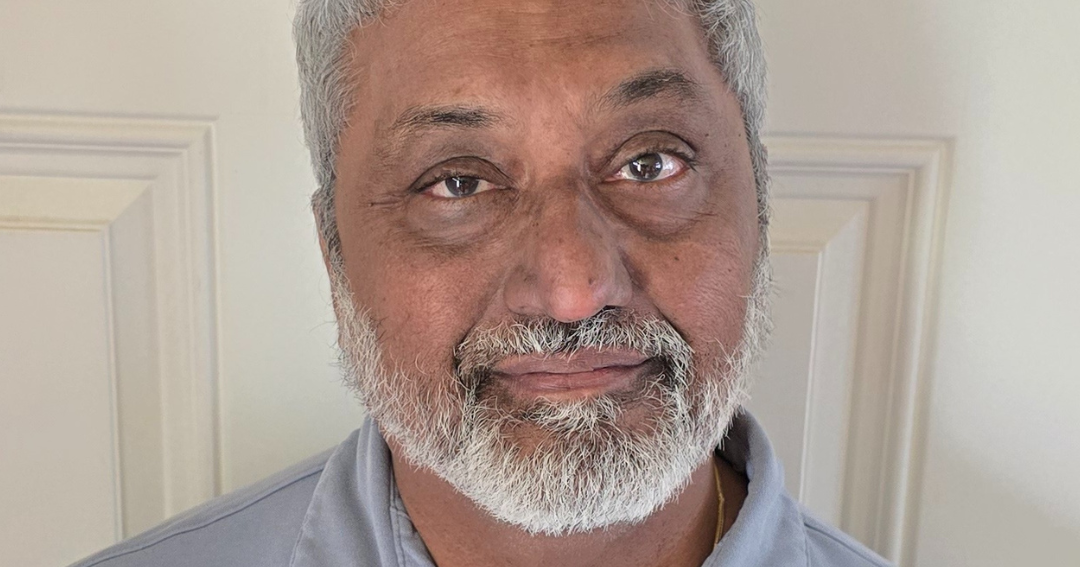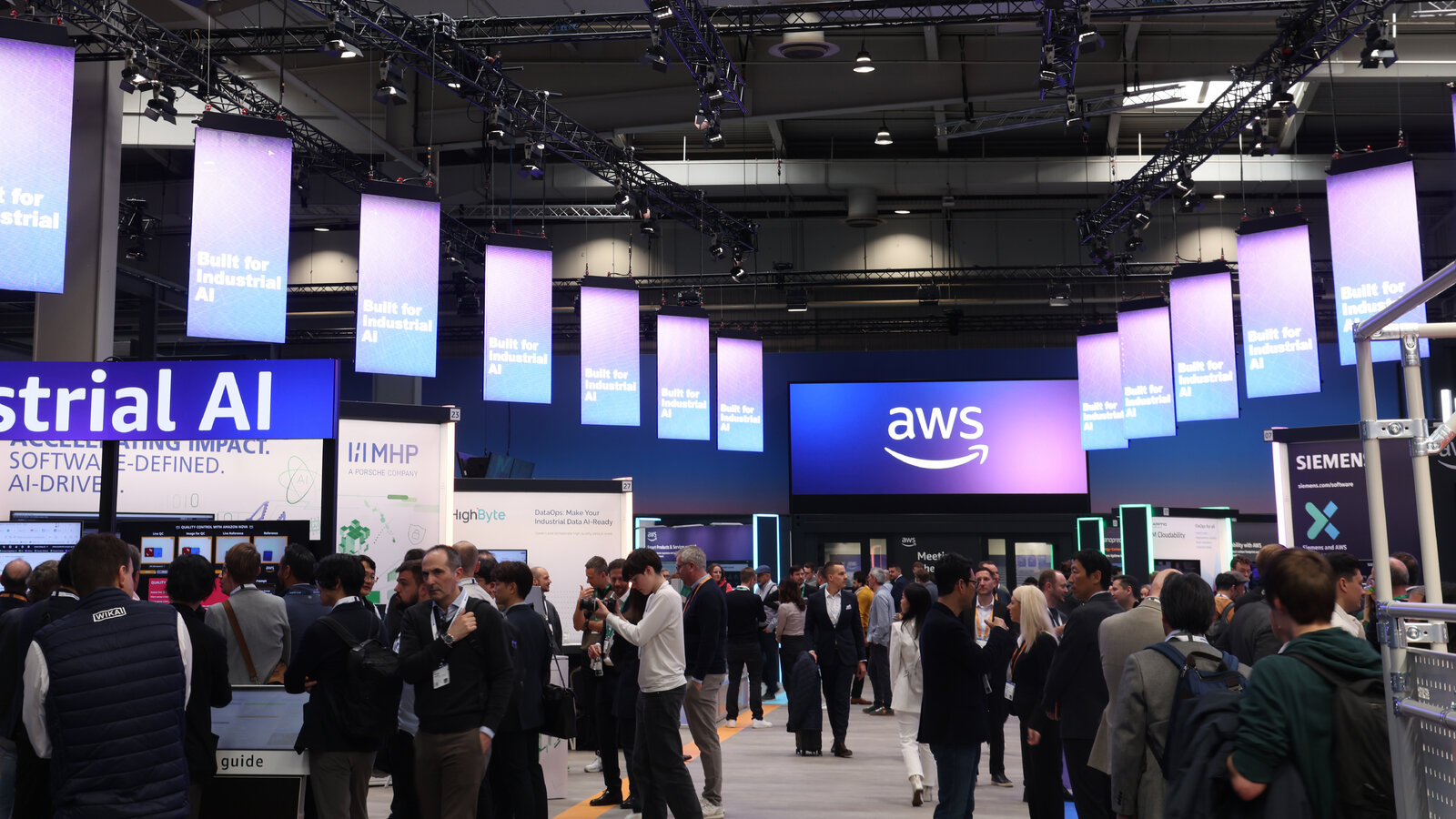Copyright guampdn

I loved science fiction as a kid. Isaac Asimov’s Foundation Trilogy inspired me to go into social sciences. His short story collection “I, Robot,” imagined a world with intelligent robots. He coined the three laws of robotics to keep humans safe. First, robots may not harm humans or allow humans to come to harm. Second, robots must obey humans unless this violates the first law. Third, robots must preserve themselves unless this violates one of the first two laws. Many observers worry we need similar controls to keep artificial intelligence, AI, from taking over. I worry more about climate change destroying humanity than AI. Heck, if we can program robots with Asimov’s laws, maybe they’ll stop climate change. But, as a professor and father, I worry a lot about AI’s effect on employment. AI is doing to white collar jobs what automation did to blue-collar jobs. Across many fields, entry-level and even mid-level jobs are being eliminated by AI, which can do routine information search and processing faster. This is a scary time to graduate college. AI has many cheerleaders. Sam Altman, the ebullient CEO of OpenAI, said recently that in 10 years, college graduates would find “some completely new exciting, super well-paying job”...in space! As we Boomers say, “Far out!” Altman’s vision is ridiculous. If space jobs happen, they would hire very few people, just as the number of high-paid coders in my generation was small. Many of the rest may end up working low wage, low skill jobs. Others may find better occupations, but on Earth. Karl Marx argued 150 years ago that as capitalism becomes more productive, the role of human labor will keep shrinking relative to machines. About 50 years ago, Harry Braverman, a Marxist historian, described this process in “Labor and Monopoly Capital.” Braverman’s subtitle was the story. “The Degradation of Work in the Twentieth Century.” He showed how productivity increases often went with “de-skilling” labor. Complex tasks performed by well-paid workers were reduced to many small routine tasks performed by low-wage workers. Braverman predicted that automation would eventually take over white collar work. He practically predicted AI. But he didn’t predict what would happen next. Marx did. Revolution. He said once technology becomes so productive, it needs few workers, capitalism and private ownership would have to be abolished. Under communism, society would equitably distribute the machine-made product. This, of course, hasn’t happened. One reason it hasn’t is what Altman alludes to. Capitalism constantly destroys old industries to create new ones, with new jobs and opportunities. Austrian economist Joseph Schumpeter called this “creative destruction.” But another reason, just as important, is capitalist societies figured out to redistribute some of the social product through the welfare state. Public goods (roads, schools, parks), and transfer payments (welfare, unemployment, social security) allowed people to delink their consumption from their work effort, to a degree. The pioneer in this effort, surprisingly, was conservative German chancellor named Otto von Bismarck. He worried about socialism becoming popular. He introduced welfare policies and universal suffrage to buy the workers off. It worked, enough to prevent revolution. Other “progressive conservatives” did the same. England’s Disraeli. France’s Emperor Louis-Napoleon Bonaparte. Perhaps Teddy Roosevelt in the U.S. All saw that a system of private enterprise can survive only if it does something for the market’s “losers.” Today’s conservatives, at least in the U.S., have lost that insight. Trump ran as if he understood it, but his policies don’t reflect it. Tax cuts for the rich and health care cuts for the middle class and poor don’t cushion the market. Meanwhile, Democrats are tangled up in all kinds of cultural issues. When they talk about economic issues, their solutions are woefully short of the need. This is probably why democratic socialists like Zohran Mamdani are getting a hearing. Across Asia, Gen Z is rebelling. AI is destroying the jobs many hoped to get and providing them with few clear avenues to progress. With or without a college degree. Futurists predict which fields will be AI-proof, but they have no real idea how and where AI can evolve. As a society, we need to decide how to redistribute some of the social products to ensure we can all thrive in a world where little labor is required to produce our needs. Elsewhere, people talk about providing a minimum income. Here on Guam, we don’t even have unemployment insurance, which gives laid-off workers time to look and retrain. Universities struggle to retool to meet the AI challenge, but it’s like shooting a moving target with a blindfold. Next week I’ll discuss this struggle. Until then, I have a thought experiment. If AI was programmed to follow the first law of robotics, would it abolish AI?



